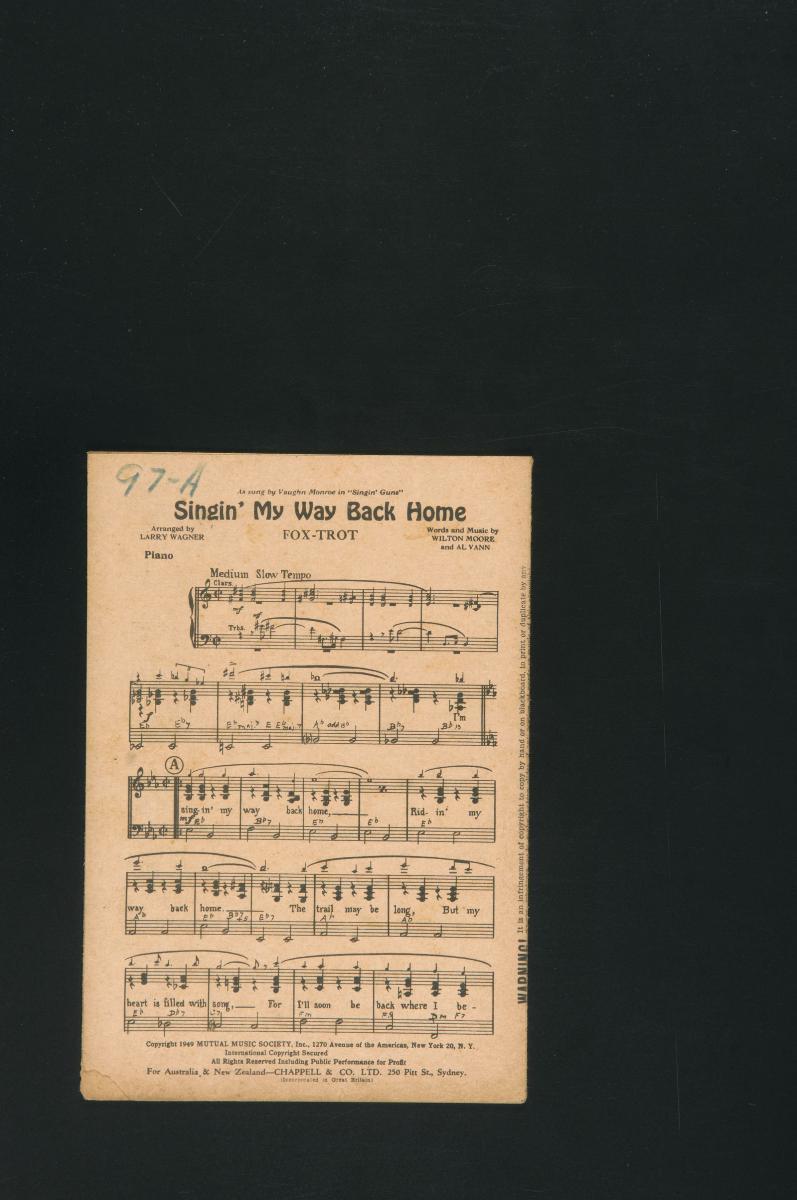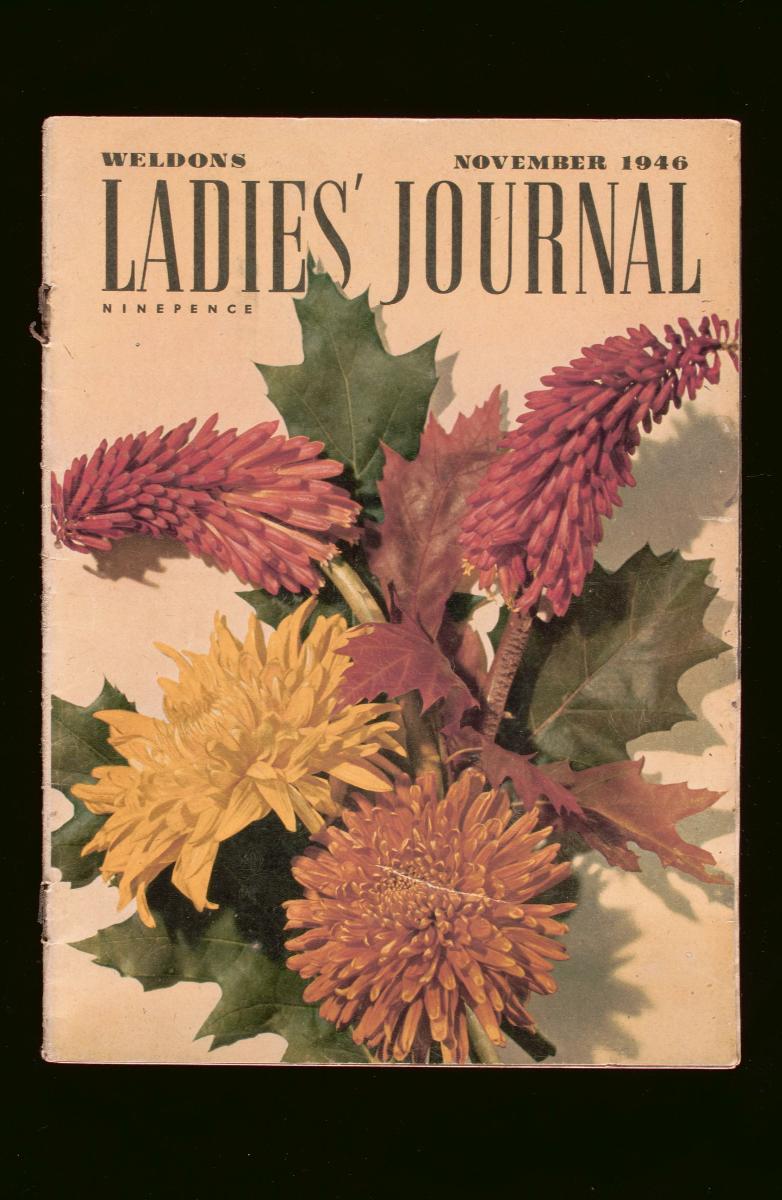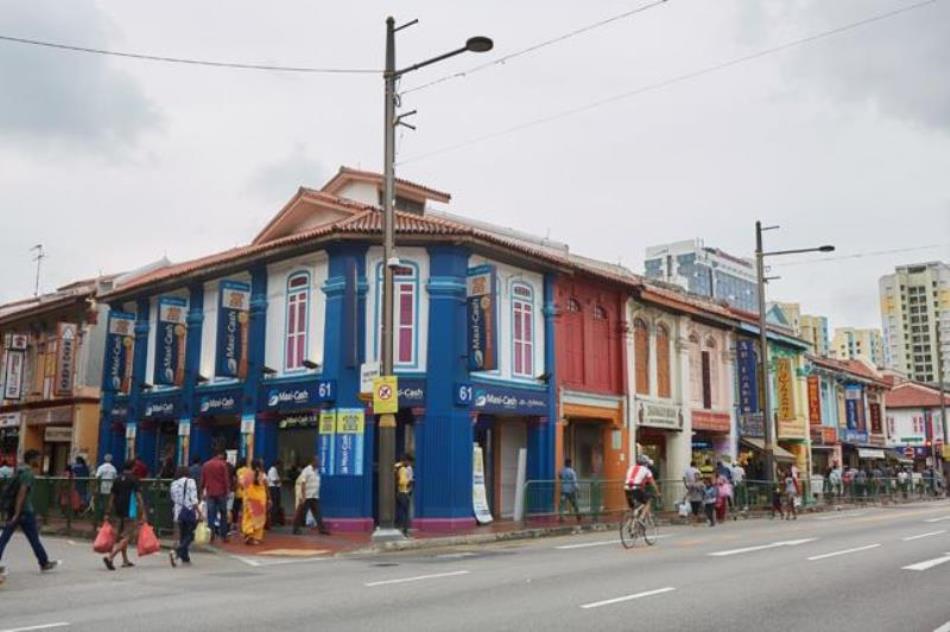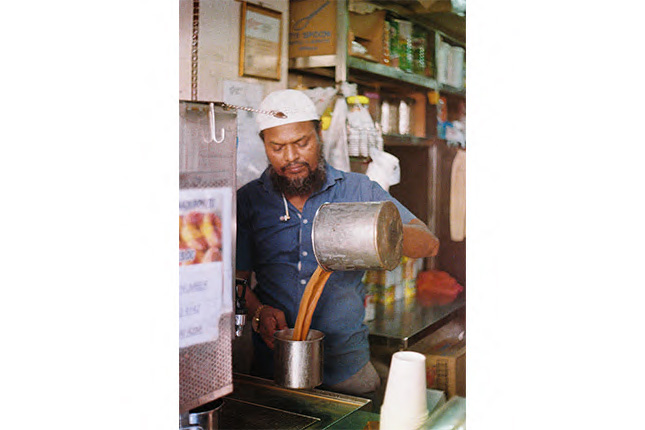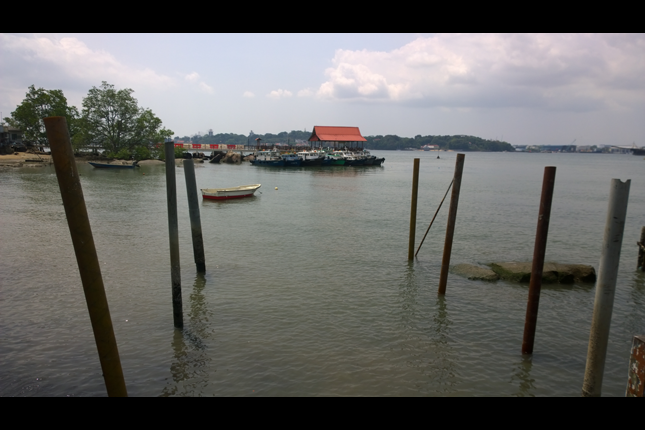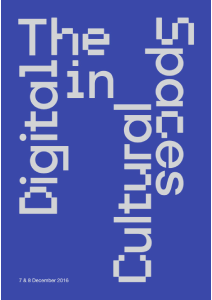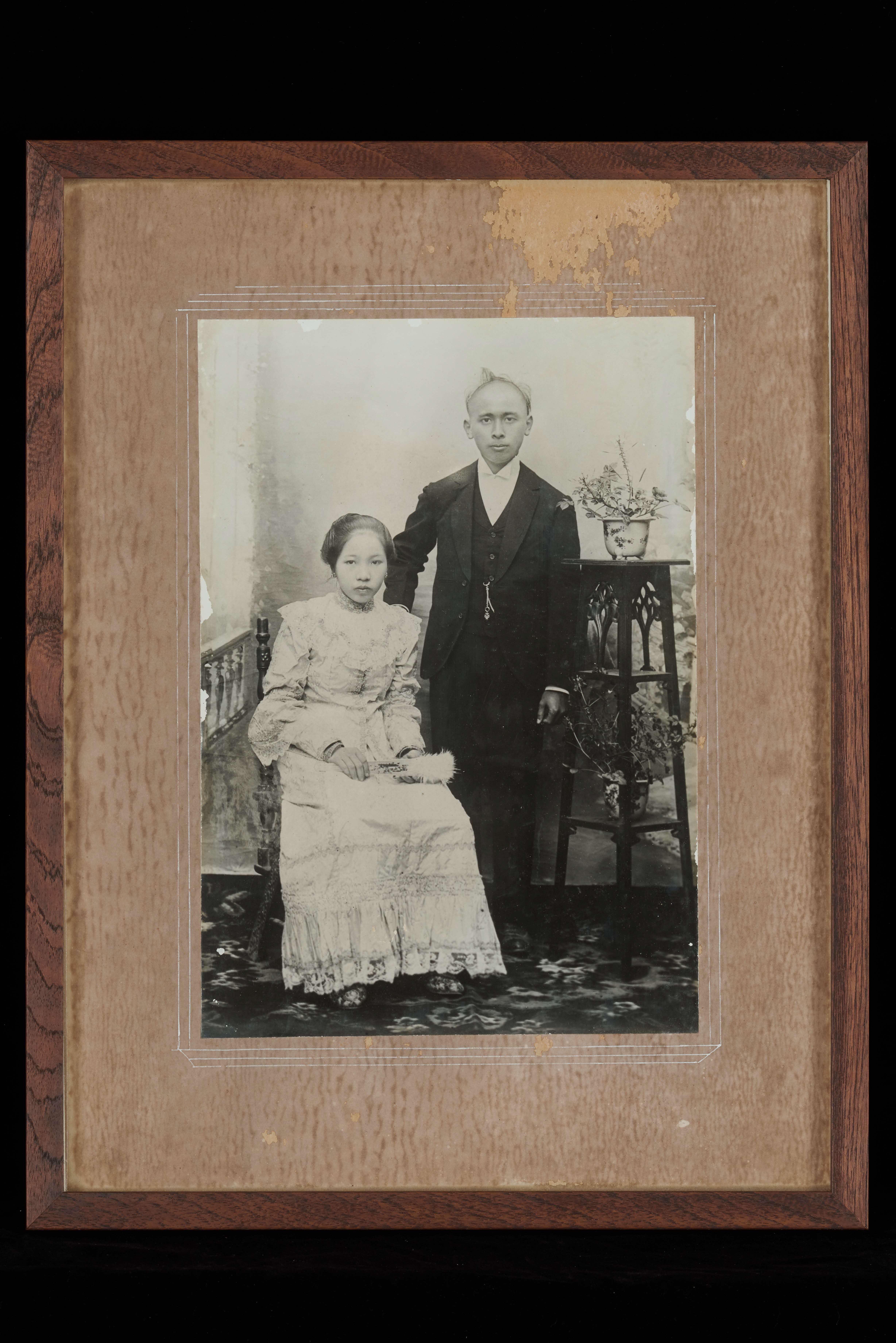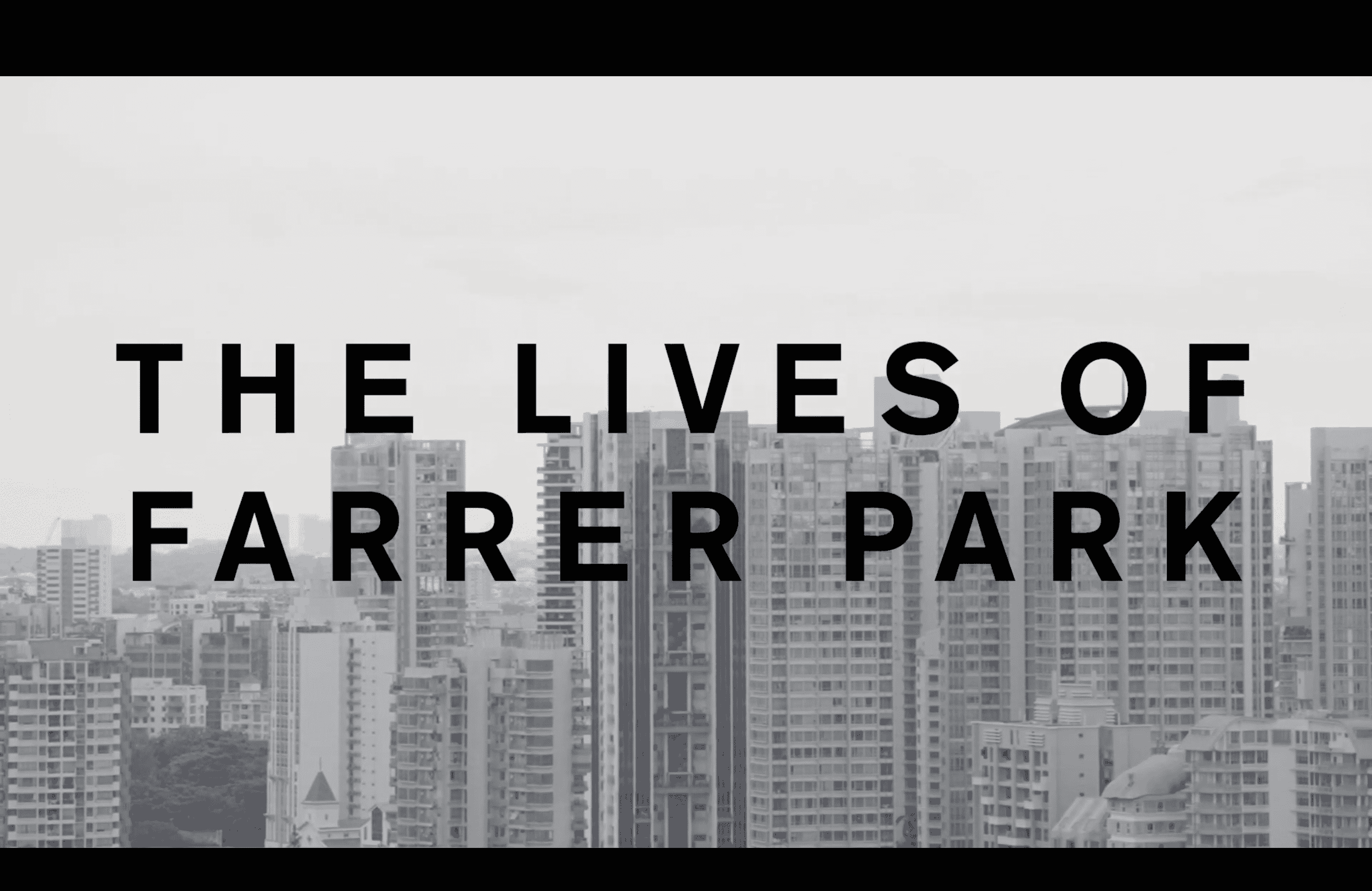Food that Stands the Test of Time
|
Name of business: |
Luk Lu Eating House |
|
Other names of business: |
陸廬餐室 |
|
Business location: |
341 Beach Road, Singapore 199567 |
|
Business type: |
Food & Beverage |
|
Established: |
1960s |
Offering local favourites such as duck rice, claypot rice, Hokkien mee, char kway teow, and wanton mee, Luk Lu Eating House is a traditional coffee shop that encapsulates the charm of the ordinary and everyday places in Singapore.
Think about the coffee shop you frequent in the mornings for a quick kopi (coffee) before work, or the one just around the corner from the office that is your go-to lunch spot. Recall the auntie who always seems full of energy, boiling noodles with one hand and scooping sauces with the other as she takes your order; the boisterous chatter of uncles and aunties gathered at the table beside you. Luk Lu Eating House is that kind of coffee shop—a place of comfort and familiarity whose sights, smells, and flavours, will always maintain a special place in your mind.
Founded in the 1960s by current owner Mr Zhuang’s grandfather, Luk Lu comprises a drinks stall run by the Zhuangs, and several food stalls selling duck rice, claypot rice, grilled crab, Hokkien mee, char kway teow, and wanton mee. Since its establishment, Luk Lu has occupied the same first-floor space of the shophouse at the junction of Aliwal Street and North Bridge Road. The business is now run by Mr Zhuang and his mother, who is in her early seventies. Luk Lu was passed down from Mr Zhuang’s grandmother to his aunt, his mother and now him. Having operated the business for over three generations, the Zhuangs have witnessed first-hand how the area has changed over the years. Mr Zhuang notes, “Last time, a lot of shops around here sell fishing stuff, wu jin (“五金”, or “hardware shop”).” Having changed very little in appearance and operations in the last 60 years, Luk Lu has become akin to an unmoving island amidst a sea of change.
In addition to the rise of social media and technology, the opening of new cafes and restaurants have caused a shift in the dynamics of the area. Within the coffee shop, individual stall owners have come and gone; the only one who has remained is the duck rice stall owner, whom the Zhuangs consider a “friend-friend”.
Even if wanted to modernise the business with the introduction of delivery services or digital payment, there are other factors which make it difficult to do so. Their location is not in the vicinity of residential areas, making it inconvenient to arrange for deliveries. Furthermore, Mr Zhuang does not think the food and drinks they offer are what people would want to order online. Moreover, the idea of online payment is slightly disconcerting to him. He says, “One thing I enjoy here…. old fashion, let’s do [it] the old fashion [way], can only pay cash here.” To him, tradition is preserved through basic acts like exchanging $1.50 for a cup of teh (tea) or eating at the coffee shop instead of ordering online, acts which take little effort on our part, but mean much more to storeowners like him.
Behind the momentary exchanges which customers have with the coffee shop aunties and uncles, are the individuals who have laboured to sustain their livelihoods. From 7 am to 10.30 pm each day, both mother and son can be seen making drinks, serving customers, and ensuring the coffee shop runs smoothly. Mr Zhuang recounts the impact of COVID-19 pandemic on the business. When sales were suffering due to the restrictions on dining in, the family had to rely on their savings just to get by. Thanks to their efforts, Luk Lu managed to live to see another day, and customers could happily return for their regular duck rice or wanton mee.
“If you [are] talking about heritage here, I can tell you how old is this place,” says Mr Zhuang, “you look at the floor, you know how old.” Its long heritage is undoubtedly a significant part of Luk Lu’s identity, but Mr Zhuang is also aware of the current realities for traditional businesses like his. Despite his resistance to digitising the business, he is open to making other changes. If the landlord decides to extend their lease, he will consider re-designing the interior with a retro, old-school concept—or if the other vendors decide to leave, he may turn it into a vegetarian breakfast cafe.
Mr Zhuang’s attitude to business is admirable: “Not about pride, business is business, do not attach yourself to business,” he says, “End of [the] day, money is money, don’t hold it too tight, if you die, you can’t bring along with you.” His willingness to change what has remained the same for 60 years, should be met with our willingness to receive those changes with an open mind. While it is up to businesses to adapt to changing times, it is also up to us to redefine our notions of tradition and heritage, in order to preserve the places that have become integral to our everyday lives.
Interviewed by Andy Tan and Ng Jun Xiang on 21 May 2022.

















